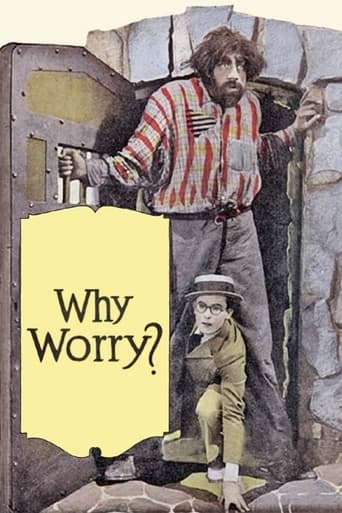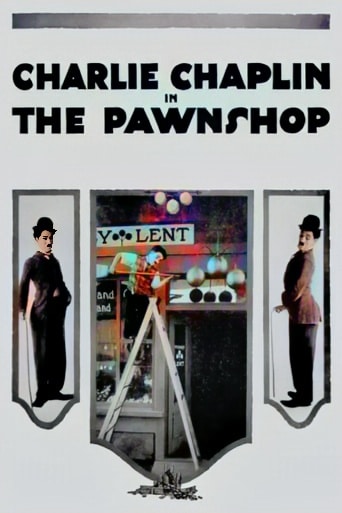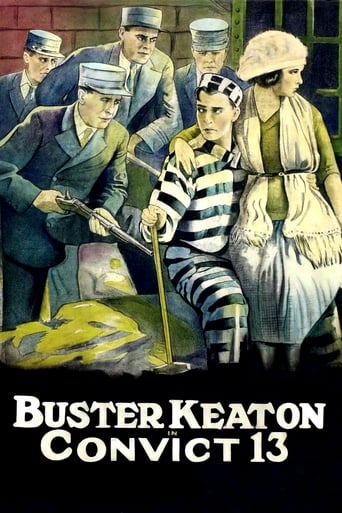Victory (1919)

 “Victory” (1919), directed by Maurice Tourneur and featuring Seena Owen, Wallace Beery, and Lon Chaney, is a silent film that masterfully brings Joseph Conrad’s novel to the screen.
“Victory” (1919), directed by Maurice Tourneur and featuring Seena Owen, Wallace Beery, and Lon Chaney, is a silent film that masterfully brings Joseph Conrad’s novel to the screen.
Against the enchanting backdrop of the South Seas, the film delves into themes of isolation, morality, and the interplay between innocence and malevolence.
Jack Holt’s portrayal of Axel Heyst, an enigmatic wanderer seeking refuge from the complexities of civilization on a secluded island, sets the stage for a dramatic narrative. Holt’s nuanced performance captures the internal struggles and complexities of Heyst’s character, adding depth to the story.
Seena Owen, as Alma, provides emotional resonance to the film. Alma’s troubled past and her connection with Heyst form a significant part of the narrative. Owen’s ability to convey vulnerability and resilience contributes to the film’s emotional depth and enriches the dynamic between the central characters.
Wallace Beery takes on the role of August Schomberg, a piratical figure with a menacing presence. Beery’s portrayal adds an element of danger and intrigue to the film as Schomberg becomes entangled in the unfolding drama. His character’s belief in hidden treasure on Heyst’s island serves as a catalyst for the narrative’s tension.
Lon Chaney’s Ricardo adds a layer of complexity to the story. Chaney’s expressive acting skills bring depth to a character that straddles the line between loyalty and moral ambiguity. The interplay between Chaney’s Ricardo and the other characters adds an intriguing dimension to the film’s exploration of human nature.
Maurice Tourneur’s direction proves pivotal in capturing the essence of Conrad’s novel. The film’s visual storytelling, atmospheric cinematography, and attention to detail transport audiences to the idyllic landscapes of the South Seas. Tourneur’s choices, including lighting and composition, contribute to the film’s cinematic artistry.
As the narrative unfolds, the clash between Heyst’s desire for solitude and the intrusion of greed and malevolence becomes palpable. The film skillfully explores themes of morality, trust, and the consequences of isolation in the face of external threats. The characters, each driven by their own motivations, create a rich tapestry of intrigue and drama.
The film’s climax brings together the thematic threads, leading to a dramatic resolution that reflects the complexities of human nature. The consequences of Heyst’s altruism, Alma’s resilience, and the antagonistic forces led by Schomberg and Ricardo converge in a poignant denouement. The film’s conclusion invites reflection on the intricate interplay of morality and isolation.
“Victory” (1919) stands as a cinematic triumph that successfully translates Conrad’s exploration of human nature to the silent screen. The performances of the central cast, guided by Tourneur’s direction, contribute to the film’s enduring status as a classic of silent cinema. The adaptation captures the essence of Conrad’s novel, offering a visual and emotional experience that transcends the limitations of the silent era.
In conclusion, “Victory” remains a timeless exploration of isolation, morality, and the clash between innocence and malevolence. The contributions of Seena Owen as Alma, Wallace Beery as August Schomberg, and Lon Chaney as Ricardo enhance the film’s narrative depth. Maurice Tourneur’s direction and the atmospheric cinematography elevate “Victory” to a status of cinematic artistry, solidifying its place as a classic in the silent film landscape.
Release Date: December 17th, 1919
Main Cast Members
Jack Holt (Axel Heyst)
Seena Owen (Alma)
Wallace Beery (August Schomberg)
Lon Chaney (Ricardo)
Ben Deeley (Mr. Jones)
Bull Montana (Pedro)
George Nichols (Capt. Davidson)

 “Victory” (1919), directed by Maurice Tourneur and featuring Seena Owen, Wallace Beery, and Lon Chaney, is a silent film that masterfully brings Joseph Conrad’s novel to the screen.
“Victory” (1919), directed by Maurice Tourneur and featuring Seena Owen, Wallace Beery, and Lon Chaney, is a silent film that masterfully brings Joseph Conrad’s novel to the screen.


